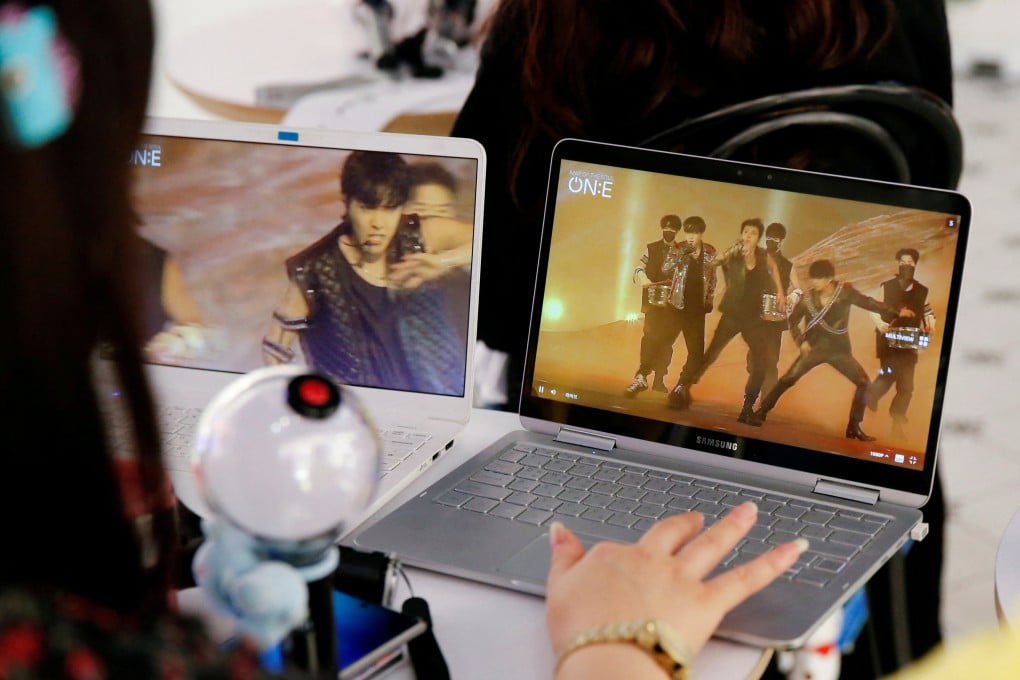Advertisement
Are online K-pop concerts and fan interactions here to stay? Experts disagree
- South Korea saw a rise in users for streaming services and an increase in virtual concerts during the pandemic. This might change as Covid measures roll back
- Some experts argue streaming has become a common way to enjoy performances and media, while others think companies need to step up to retain users
Reading Time:3 minutes
Why you can trust SCMP

By Lee Gyu-lee
The Covid-19 pandemic has affected many sectors around the world, disrupting people’s lives in many ways.
Media industries are no exception – measures taken by governments and health authorities to battle the spread of the virus have included limiting people from going to cinemas, celebrities from travelling abroad for events and studios from filming.
Advertisement
As such, the media has had to find new ways to work and to allow people to consume content.

In South Korea, this has led to the rise of over-the-top (OTT) streaming platforms and the use of technology for virtual content. This digital market grew from US$682 million in 2019 to US$832 million in 2020.
Advertisement
Advertisement
Select Voice
Select Speed
1.00x